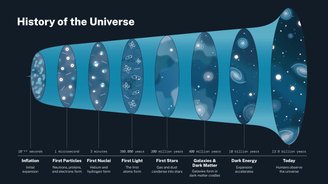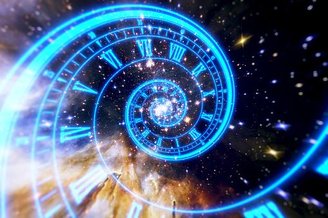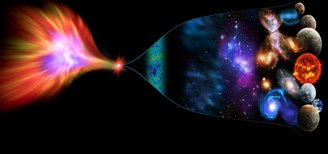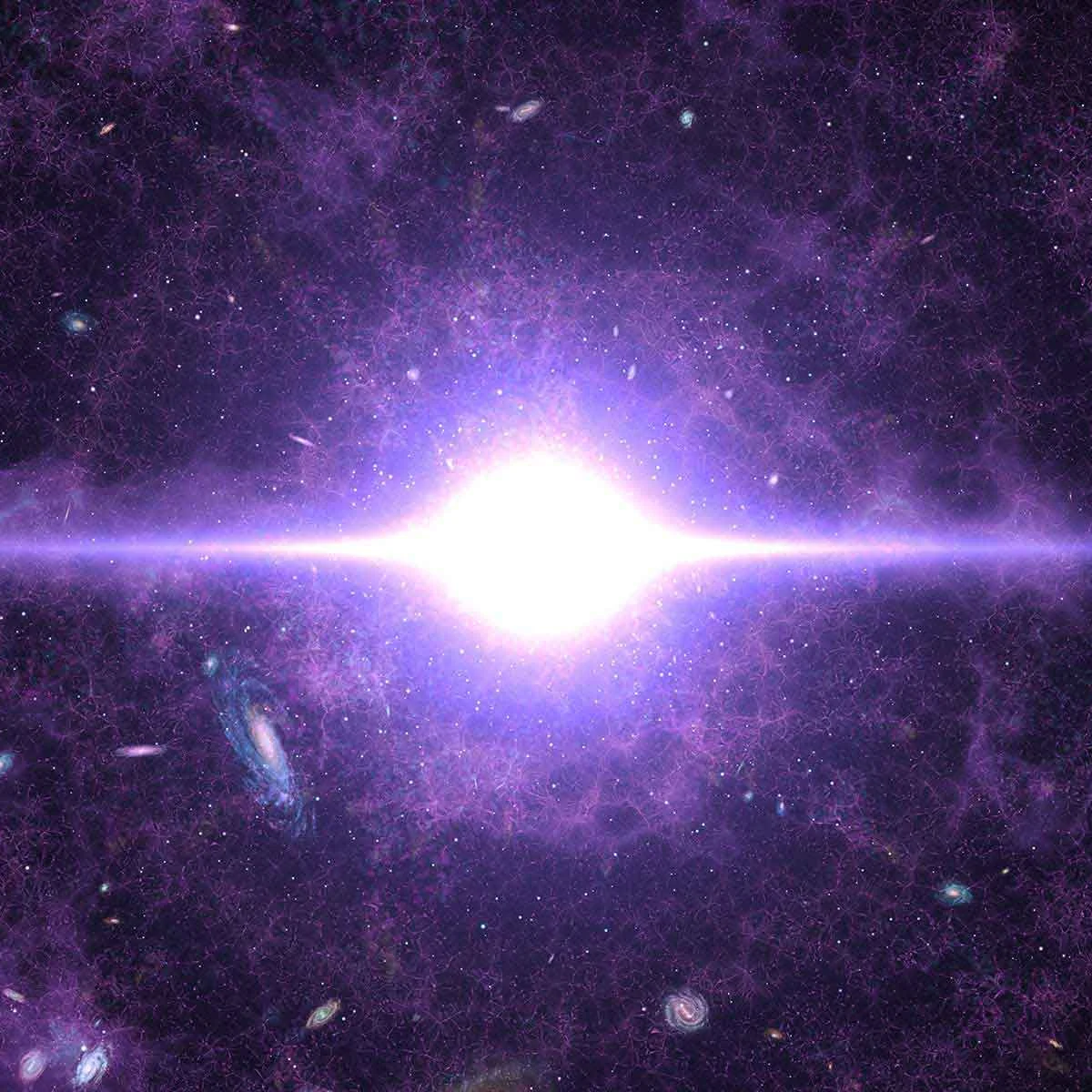In the scientific study of most natural processes observed in the universe, human thought is often guided by the same process of logical analysis: cause and effect.
This is the effect when we see something happen; The previous processes that cause this effect to occur are what we call causes.
This relationship allows us to extrapolate events to different moments in time, both to predict future effects and to imagine past causes. In other words, given a particular observational phenomenon, it is possible to examine, through physical laws, its possible consequences, as well as the reasons for its occurrence.
In this way, we can examine how planets, stars, and even galaxies are formed, how they evolve, and what their future will be like. If we go even further back in time, we intuitively realize that this could not have happened in an endless chain of events, because there must have been a “first cause”: leading to the existence of the universe itself.
According to the primitive ideas of the classical Big Bang theory, observational results of the Cosmos seemed to show that it started from an infinitely hot and dense singularity from which space and time emerged.
However, there are existing theoretical models that present the Big Bang as the factor that gave rise to the Universe as we know it, rather than space and time itself. According to these models; The Big Bang was just another effect triggered by an earlier cause. So was there anything before the Big Bang?

The answer is simple and clear: we don’t know. When astronomers talk about the Big Bang, they generally do not refer to the beginning of the Universe (time zero, t = 0). but the incredibly hot and compact state of the Universe in the seconds it existed (time greater than zero, t > 0). To some extent this is because even the true idea of the true nature of time is complex.
In the search for a way out of this cognitive impasse, many arguments have been put forward, from the extreme idea that time does not exist, that it is just an illusion in the human mind, to the idea that time co-exists with the Universe and creates everything. The meaning of the word “before” is meaningless.
This idea was championed by British physicist and cosmologist Stephen Hawking, whose idea of asking what happened before the Big Bang was equivalent to asking what was north of the North Pole or what distance was less than distance zero.

Quantum Field Theory tells us that even the supposedly empty space-time is filled with physical activity in the form of energy fluctuations. These fluctuations can give rise to particles that soon disappear. This may seem like a mathematical quirk rather than actual physics, but such particles have been detected in countless experiments.
Lets assume that The initial Big Bang singularity emerged from such quantum vacuum fluctuations This is also an idea put forward by modern scientists, but philosophers of science have harshly criticized the idea, stating that even such fluctuations would be “something” rather than “nothing”.

Another relatively popular idea regarding cosmic nature is the cyclical (or oscillatory) Universe hypothesis; where the current expansion of space could one day transition into a state of gravitational contraction that would result in the Great Crunch: a collapse into itself. .
In this collapse, It will create a new Big Bang, producing an endless repetition of an infinite Universe.. However, the results obtained from observations show that the Universe is likely to continue expanding rapidly forever due to the influence of mysterious dark energy.
Even a century after countless revolutions in cosmology, we still cannot answer one of the most fundamental questions: How did it all begin?
Source: Tec Mundo
I’m Blaine Morgan, an experienced journalist and writer with over 8 years of experience in the tech industry. My expertise lies in writing about technology news and trends, covering everything from cutting-edge gadgets to emerging software developments. I’ve written for several leading publications including Gadget Onus where I am an author.












